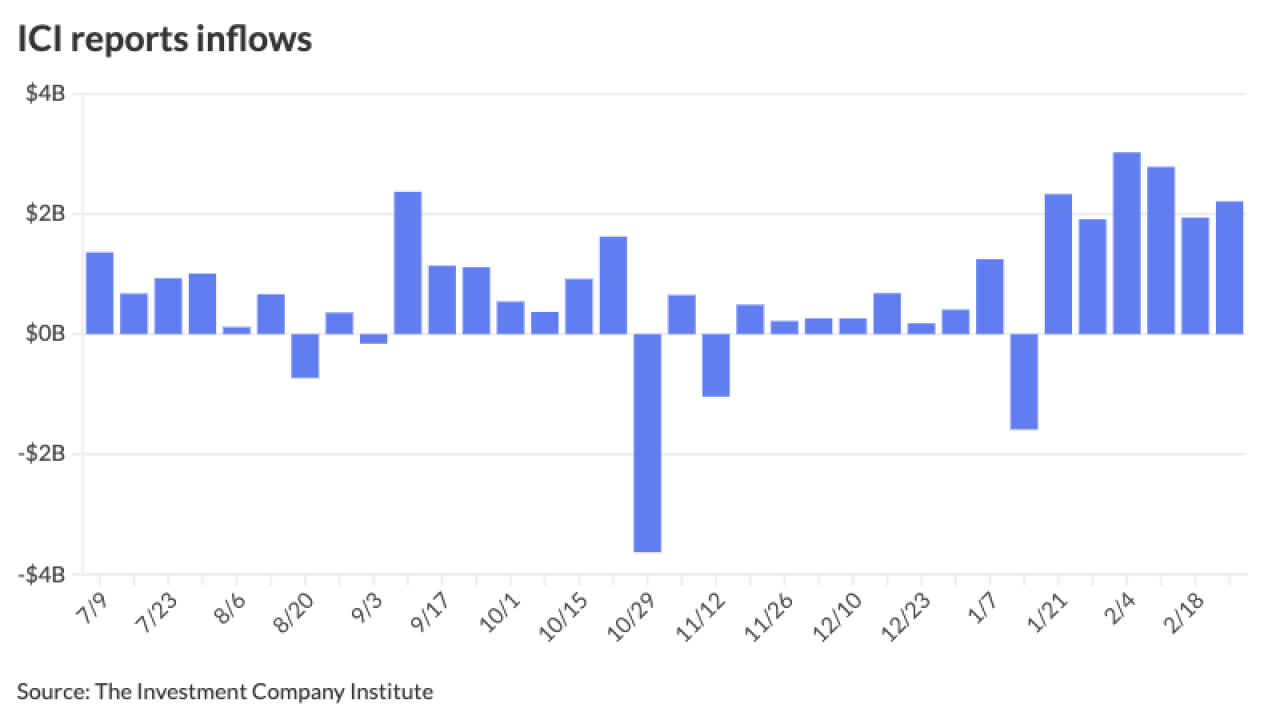As California officials begin to issue as much as $3.2 billion of IOUs, there is growing interest in whether the registered warrants should be considered securities or some other type of state obligation.
The distinction is important. If the IOUs are municipal securities because they are issued by a state government, their sales and trades by broker-dealers would be subject to Municipal Securities Rulemaking Board rules that cover suitability, fair dealing, and trade reporting requirements, among other things.
Also, the Securities and Exchange Commission's full array of antifraud provisions would apply, so any misleading disclosures about them could be prosecuted by the SEC.
On the other hand, if they are not securities, federal securities laws and MSRB rules would not apply and the IOUs would simply be considered a contract between the state and the recipient of the IOU.
State officials insist that they are not securities, although the SEC has yet to weigh in on the matter.
"IOUs are not securities but rather negotiable instruments similar to checks," Jacob Roper, a spokesman for state Controller John Chiang,wrote in an e-mail. "The difference is that a check is due upon presentation; an IOU bears a maturity date for payment."
Asked to elaborate, Roper wrote that for California state law purposes, "the IOU is a negotiable instrument issued in payment of state general fund obligations and is not issued in evidence of debt or as a debt instrument. Registered warrants are not sold to the public and they are not a private placement."
John Nester, a spokesman for the SEC, declined to comment, but commission officials are said to be analyzing the issue.
MSRB general counsel Ernesto Lanza said that there are "lots of factors" that make the IOUs look like securities, but as a "threshold question" it is up to the SEC to weigh in if they are. He said the MSRB is in continuous contact with the SEC, but that the board had not formally asked the commission to label the IOUs as securities.
As the SEC considers the issue, the MSRB is urging dealers that buy or sell them to treat the IOUs as municipal securities, Lanza said.
"A conservative, prudent broker-dealer who got involved in doing this, I would like to think that both as a matter of professionalism and caution that they would consider following our rules," he said.
The state controller's office scheduled the IOU issuance to begin Thursday, after lawmakers and Gov. Arnold Schwarzenegger deadlocked last week over how to solve the massive budget deficit and a related looming liquidity crisis.
To preserve cash for creditors who have standing under the state's constitution, such as bondholders, and creditors who have standing under court rulings, such as state employees who are owed pay, the state plans to issue the IOUs to those without such standing, including county governments and taxpayers owed refunds. The IOUs are set to mature Oct. 2.
Treasurer Bill Lockyer yesterday clarified guidance that his office released Monday night that said California will only redeem registered warrants sold to a third-party if the IOUs are accompanied with a notarized bill of sale. He said the provision does not apply to IOUs sold to banks, financial institutions or broker-dealers.
Lockyer spokesman Tom Dresslar said that the distinction is necessary because banks that inadvertently accept fraudulent IOUs have recourse through their customers' accounts. The state does not have such recourse if it unwittingly redeems fraudulent warrants, he said.
When the state last issued IOUs in the summer of 1992, the Internal Revenue Service released guidance indicating that they were tax-exempt, but did not weigh in on whether they were securities. The IRS concluded the warrants were tax-exempt after finding that they had maturities of less than one year and that they were obligations of the state.





